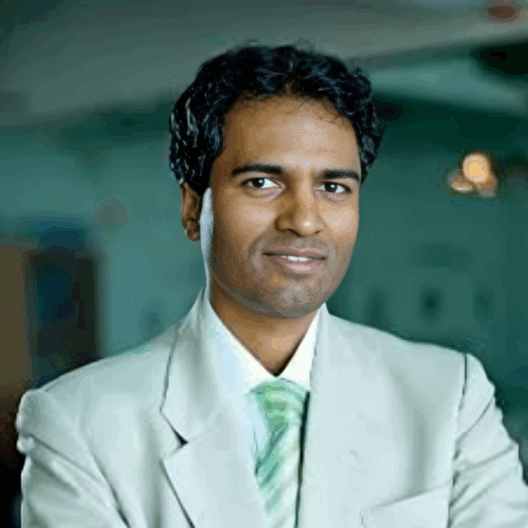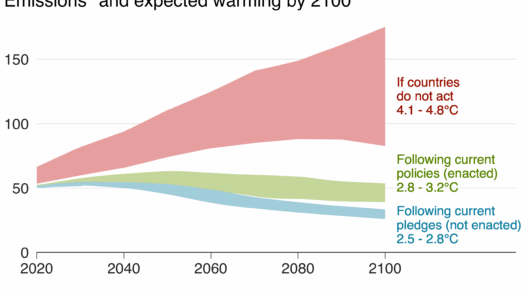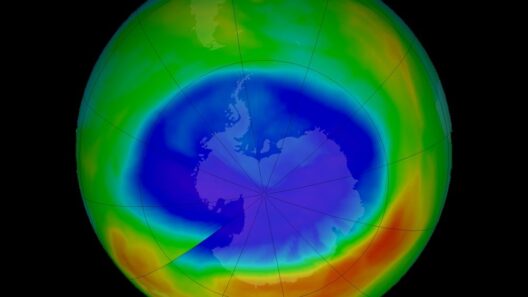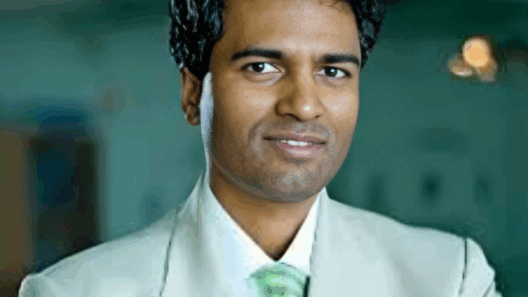The conversation surrounding climate change often gravitates toward the views of influential figures, and Jeremy Clarkson—loudly opinionated and unapologetically blunt—certainly fits the bill. Known primarily as the controversial former host of “Top Gear” and the current face of “The Grand Tour,” Clarkson has cultivated a reputation that is as polarizing as it is recognizable. But does he believe in global warming? This question poses a playful yet significant challenge: Can a fervent gearhead reconcile their love for high-octane machines with the sobering realities of climate change?
Clarkson’s public persona is synonymous with petrol-fueled passion. His love for cars, particularly those that roar with power and performance, suggests a complicated relationship with environmentalism. Herein lies the first layer of the discourse. In various interviews and articles, Clarkson has often been skeptical about the more alarmist claims regarding climate change. He has critiqued the overzealous nature of environmental activism, dismissing some of the more extreme assertions about human impact on the planet’s climate. However, this dismissal is not a blanket rejection of climate science; rather, it mirrors the nuanced approach many individuals take in grappling with complex data.
So what does it mean for Clarkson to engage in the climate conversation? To question or criticize aspects of climate activism while simultaneously acknowledging the gravity of environmental issues? It’s an intricate dance—a balancing act between love for speed and the responsibility to steward the planet. For many automotive enthusiasts, such as Clarkson, the automobile represents not just a mode of transportation but also an embodiment of freedom. The irony does not escape anyone: the very passion that fuels their joy could simultaneously contribute to environmental degradation.
Moreover, Clarkson’s critiques stir the pot, inviting a deeper exploration into the dichotomy of automotive passion and climate responsibility. Does he celebrate car culture while sidelining the discourse on global warming? Or is he challenging the mainstream narrative, provoking critical thinking and discussions that compel others to examine the multifaceted implications of their lifestyles? In essence, is Clarkson catalyzing a more profound dialogue on how we engage with our passions in an age of climate anxiety?
Addressing Clarkson’s sentiments means reframing the question of whether he believes in global warming to consider how he views its consequences. In various forums, he has expressed incredulity toward certain climate change predictions, suggesting a degree of skepticism about the urgency of the matter. However, to label him as a climate change denier would be misleading. What he embodies, in many ways, is a larger existential quandary faced by enthusiasts across various fields: can one reconcile a love for traditional industries—with their established practices and loyalties—with the burgeoning demands for sustainability and innovation?
Unquestionably, the automotive industry finds itself at a critical intersection. The relentless shift toward electric vehicles (EVs) and hybrid technologies highlights the cognitive dissonance experienced by traditionalists like Clarkson. Cars have evolved beyond mere machines; they now symbolize cultural identity, aspirations, and even nostalgia. To ask an ardent gearhead to embrace EV technology, often associated with sterility and an absence of visceral thrill, can feel like an eradication of their passion. This dilemma reflects a broader societal conflict: How do we adapt and innovate while honoring traditions that have shaped our cultural landscapes?
Clarkson has often expressed disdain for the restrictions proposed for car enthusiasts, arguing they strip away the joy and freedom that driving once represented. This tension raises critical inquiries about the necessary transformations within industries built on fossil fuels. To combat climate change, can we afford to romanticize traditional automotive cultures, or do we need to pivot toward new models and practices that prioritize environmental sustainability? As cognitive dissonance lingers, how do we cultivate a cultural appreciation for innovation without sacrificing the thrill of speed and engineering?
In trying to ascertain Clarkson’s views, it’s pertinent to probe deeper into the implications of his statements. If he possesses reservations about certain climate narratives, it can lead to constructive dialogues about how messages around climate change are disseminated and consumed. How can environmental activists more effectively communicate the gravity of the issues at hand? Are there ways to engage automobile enthusiasts in addressing climate change without alienating their passions? These questions become foundational in building bridges between ideologically disparate groups.
Interestingly, the automotive industry is already witnessing a transformation spurred by consumer interest in sustainability. Manufacturers have to adapt or risk obsolescence in a world increasingly seeking eco-friendly solutions. Despite the visible friction, Clarkson’s resistance could very well symbolize a valuable transitional phase where passion meets pragmatism. Although he may not wholly endorse the immediacy of global warming, his critiques spotlight the necessity for meaningful dialogue and evolution.
At the end of the day, Clarkson’s views on global warming articulate a challenge reflective of broader societal tensions: the reconciliation of legacy passions with modern environmental imperatives. Whether he embraces climate change or challenges its narratives, his public persona demands introspection from both enthusiasts and criticizers alike. It invites all to consider the intricate relationship between pleasure, industry, and environmental responsibility. The essential question that emerges is not simply whether Clarkson believes in global warming, but rather how we can motivate both enthusiasts and skeptics to partake in solutions that forge a sustainable future without forsaking joy and passion.
In summary, the conversation surrounding Jeremy Clarkson’s beliefs on global warming transcends mere acceptance or denial. It encourages a multifaceted discourse that acknowledges complexities and fosters innovation while dealing with the challenges posed by climate change. In navigating these turbulent waters, the automotive world may find not only a path toward sustainability but also a new understanding of what it means to truly connect with the world around us.







